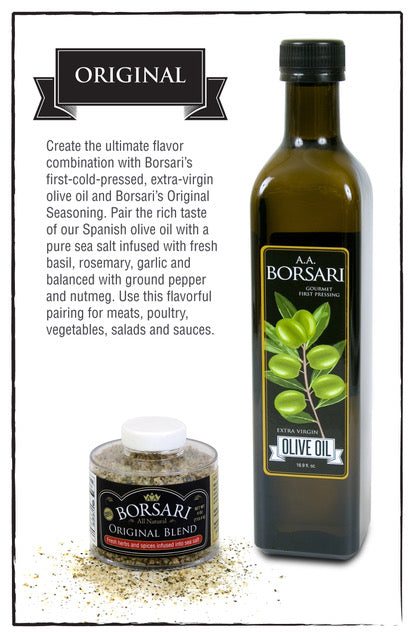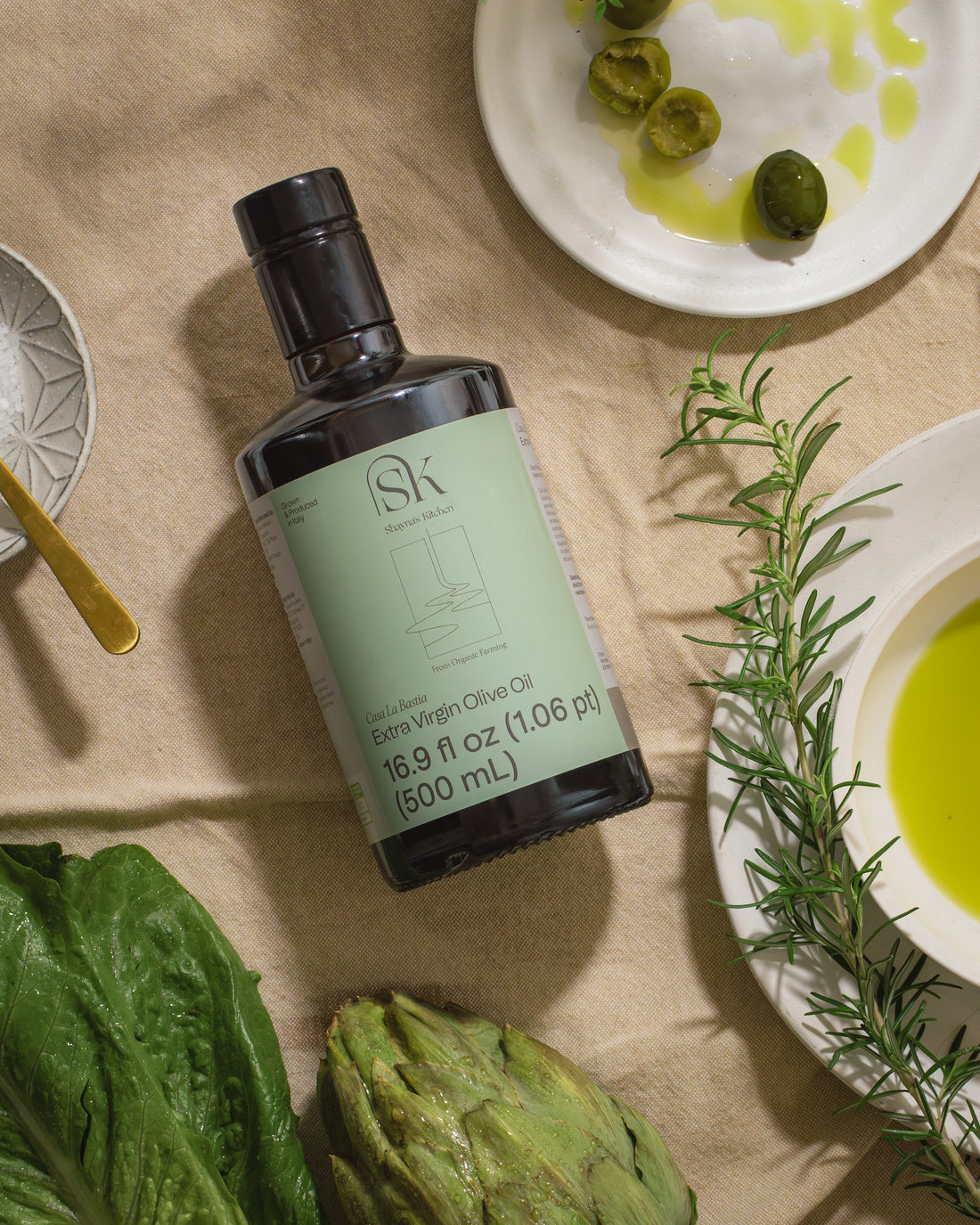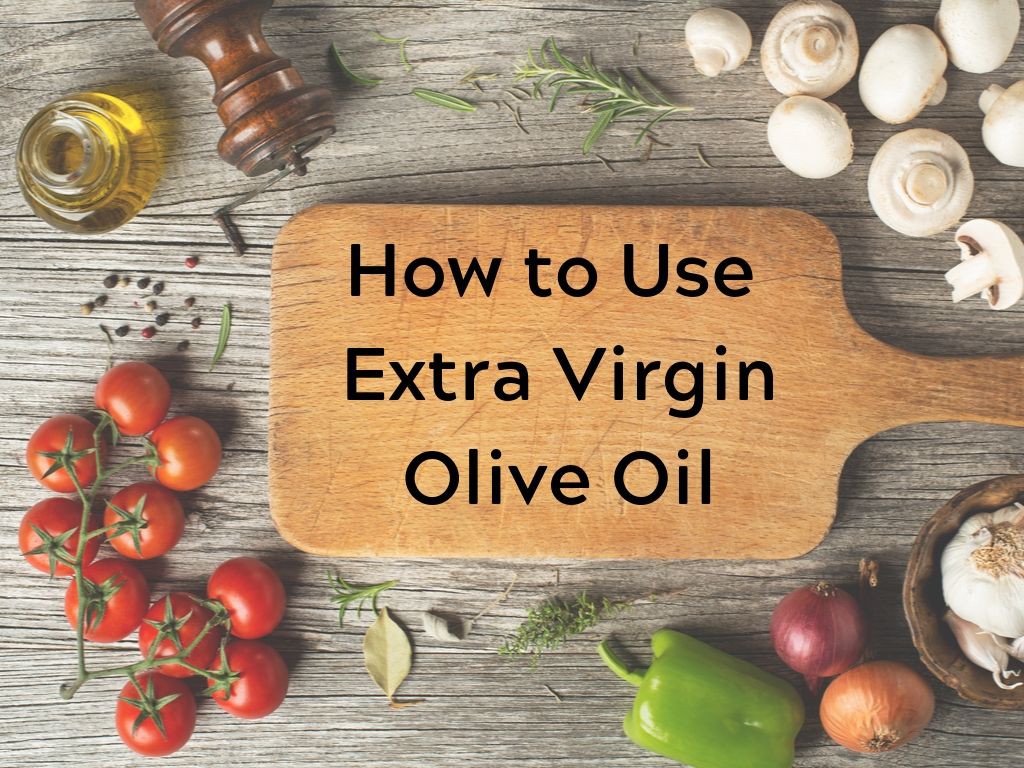How Extra Virgin Olive Oil Benefits Your Heart and Overall Well-being
How Extra Virgin Olive Oil Benefits Your Heart and Overall Well-being
Blog Article
Checking Out the Different Kinds Of Olive Oil and Their Usages, Including Bonus Virgin Olive Oil
The exploration of olive oil includes a varied variety of kinds, each offering culinary applications and unique tastes. Extra virgin olive oil, renowned for its remarkable top quality and health advantages, offers as a staple in numerous kitchen areas, yet it is just one facet of this diverse active ingredient.
What Is Olive Oil?
Originated from the fruit of the olive tree, olive oil is a staple in Mediterranean cuisine and a vital ingredient in different cooking applications. This functional oil is produced by pressing whole olives, leading to a fluid that differs in scent, shade, and taste depending upon the kind of olives used, the region of growing, and the removal procedure. Olive oil is predominantly composed of monounsaturated fats, particularly oleic acid, which is understood for its prospective health and wellness advantages, consisting of anti-inflammatory residential or commercial properties and cardiovascular support.
In addition to its culinary uses, olive oil has a long history of application in conventional medicine and skin care, owing to its abundant antioxidant material (extra virgin olive oil benefits). The oil is usually used in dressings, marinades, and for cooking methods such as sautéing and roasting. Its distinct taste profile can enhance the preference of various meals, making it a necessary active ingredient for both home cooks and professional chefs
In addition, olive oil is commemorated for its function in the Mediterranean diet regimen, which is related to numerous wellness benefits. As recognition of these benefits expands, olive oil remains to get popularity worldwide as a fundamental component of a healthy and balanced lifestyle.
Kinds of Olive Oil
Recognizing the various sorts of olive oil is crucial for both cooking fanatics and health-conscious customers. Olive oil is categorized largely based on its removal technique and high quality, which dramatically influences its scent, flavor, and wellness benefits.

Light olive oil, in spite of its name, refers to a lighter taste and not reduced calories. It is excellent for those looking for a more refined taste in sauces and dressings. Furthermore, there are flavored olive oils infused with herbs, spices, or citrus, which can enhance recipes without the need for additional seasoning.
Each type of olive oil serves certain culinary functions, and recognizing these differences permits customers to make enlightened choices that line up with their food preparation styles and health goals.
Extra Virgin Olive Oil
Extra virgin olive oil (EVOO) is commonly considered the greatest quality olive oil readily available, popular for its rich taste and countless wellness advantages. To be categorized as extra virgin, the oil must be created from fresh olives utilizing mechanical procedures, without using solvents or too much warm. This careful method preserves the oil's all-natural flavors, antioxidants, and healthy and balanced fats, leading to a product with a reduced acidity level of much less than 0.8%.
EVOO is bountiful in monounsaturated fats, specifically oleic acid, which is connected to minimized inflammation and enhanced heart health. It also contains polyphenols, effective antioxidants that may use protective effects against persistent illness. The taste account of EVOO can differ substantially depending on the olive range and area of production, ranging from grassy and fruity to durable and sharp.

Culinary Use Olive Oil

In food preparation, olive oil can be made use of for sautéing, toasting, and cooking, giving a much healthier choice to butter or various other fats. Its high smoke point makes it appropriate for various cooking methods, while its antioxidants add to a heart-healthy diet regimen. Showering olive oil over ended up meals, such as pasta, fish, or barbequed vegetables, can elevate tastes and include a touch of sophistication.
Additionally, olive oil plays a considerable function in baking, where it can change typical fats in dishes for bread and pastries, imparting dampness and a refined taste. It also acts as a base for instilled useful reference oils, enabling chefs to try out flavors such as garlic, natural herbs, or chili, additionally broadening its culinary possibility. In general, olive oil's adaptability makes it important in both home and professional cooking areas.
Deciding On High Quality Olive Oil
When selecting top quality olive oil, it's crucial to take into consideration a number of key factors that affect the item's wellness, aroma, and flavor advantages. Opt for additional virgin olive oil (EVOO), which is obtained from the Bonuses initial cold pushing of olives and includes the highest possible levels of anti-oxidants and valuable substances. Search for oils that are licensed by acknowledged organizations, as this often ensures adherence to strict high quality criteria.
The product packaging likewise plays a substantial function in maintaining the oil's honesty. Choose oils kept in dark glass containers or tins to safeguard against light destruction. Take note of the harvest day; fresher oils offer superior flavor and dietary worth, so pick products that are within 18 months of their harvest.
Furthermore, take into consideration the beginning of the oil. High-grade olive oils typically come from specific regions known for their distinctive flavor profiles, such as Italian, Spanish, or Greek oils. Ultimately, understand the preference; a top quality olive oil must have an equilibrium of fruity, bitter, and sharp notes, indicating its splendor and intricacy. By examining these variables, you can guarantee you are selecting the most effective olive oil for your culinary requirements.
Final Thought
In summary, the expedition of different kinds of olive oil exposes distinctive attributes and applications, with extra virgin olive oil standing for the pinnacle of high quality due to its low level of acidity and high antioxidant content. Comprehending the different ranges of olive oil permits for notified selections in cooking approaches, promoting much healthier practices while enhancing the total gastronomic experience.
Obtained from the fruit of the olive tree, olive oil is a staple in Mediterranean food and an essential active ingredient in various culinary applications.The most usual types of olive oil consist of improved olive oil, pure olive oil, and light olive oil.Extra virgin olive oil (EVOO) is commonly regarded as the greatest top quality olive oil available, well known for its abundant taste and various wellness advantages. Choose for additional virgin olive oil (EVOO), which is acquired look at here now from the very first chilly pressing of olives and consists of the greatest degrees of antioxidants and helpful compounds.In summary, the exploration of various types of olive oil discloses distinctive characteristics and applications, with additional virgin olive oil standing for the peak of top quality due to its low acidity and high antioxidant content.
Report this page